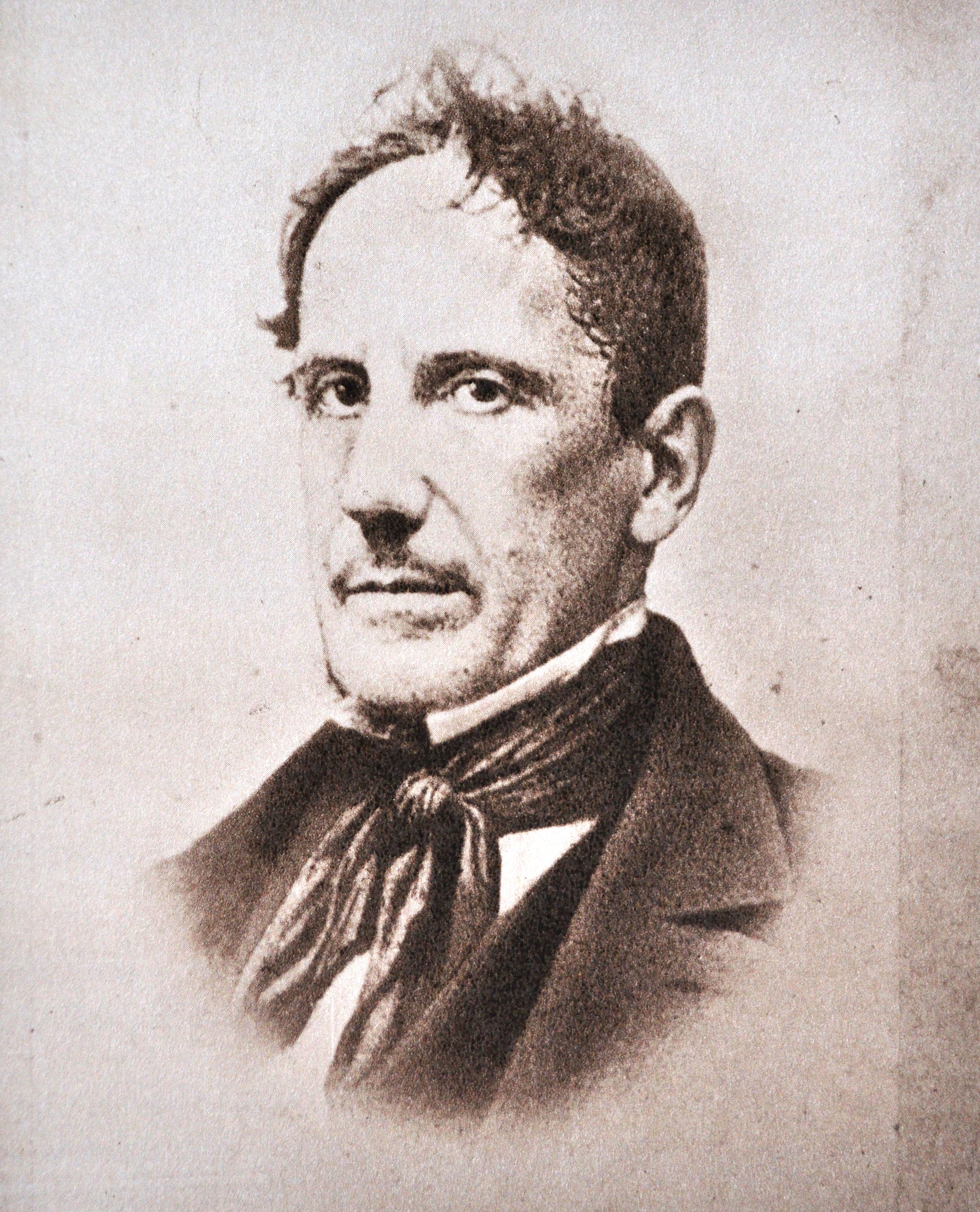The Sovrans Of The Old World on:
[Wikipedia]
[Google]
[Amazon]
 "The Sovrans of the Old World" ( Romanesco original title: ''Li soprani der monno vecchio'') is an 1831
"The Sovrans of the Old World" ( Romanesco original title: ''Li soprani der monno vecchio'') is an 1831
''Senza più regole''
in '' l'Espresso'', March 11, 2010 * Coarelli, Filippo and Giuseppe Gioachino Belli (2000) ''Belli e l'antico: con 50 sonetti di G. G. Belli '' * Norse, Harold (1956
''Translations from G. G. Belli''
in '' The Hudson Review'' Vol. 9, No. 1 (Spring, 1956), pp. 71–85 *
''The Roman Sonnets of Giuseppe Gioachino Belli''
Preface by William Carlos Williams. Introduction by Alberto Moravia {{DEFAULTSORT:Sovrans of the Old World Italian poems Sonnets 19th century in Rome 1831 poems Works set in Rome
 "The Sovrans of the Old World" ( Romanesco original title: ''Li soprani der monno vecchio'') is an 1831
"The Sovrans of the Old World" ( Romanesco original title: ''Li soprani der monno vecchio'') is an 1831 sonnet
A sonnet is a poetic form that originated in the poetry composed at the Court of the Holy Roman Emperor Frederick II in the Sicilian city of Palermo. The 13th-century poet and notary Giacomo da Lentini is credited with the sonnet's invention, ...
written in the dialect of Rome, by poet Giuseppe Gioachino Belli. It is part of the collection ''Sonetti romaneschi'', sometimes listed as number 361 or 362.
The sonnet is primarily a dire realistic evocation of the nature of absolute power exercised by rulers in Italy in his day. However, in analyzing the raw, crude politics of his own time Belli touched upon a much broader section of Italy’s history, and upon the losses the nation suffered from foreign invasions and local abuses of power.
The parable quoted above describes the latter phenomenon. A king confiscates all of his vassals’ possessions; when the people ask why, the king replies that he can treat them as he likes because only he matters and they do not. The use of dialect allows the poet to strip down the symbolic pretensions of sovereign authority and expose the raw violence, narcissicistic pretentiousness and insouciant contempt of rulers for the people over whom they hold sway. The 'plebs' are nothing, putty in the hands of the powerful who can bend them to their will or conversely make the 'bent' under them 'straight', according to whim and circumstance. This overwhelming power is such that, even when his curiosity about its reception is stirred sufficiently to send out an agent, an executor, to sound out how the proletariat really thinks of his arbitrary edicts, word comes back that his view of himself is widely endorsed by the very people he afflicts.
Peter Nicholas Dale, one of the translators of the sonnet, employed Strine, the Australian English dialect, in his version and rendered the title as ''The Lieders of the Old World'', since Belli's dialect word for 'Sovrano' is soprano
A soprano () is a type of classical female singing voice and has the highest vocal range of all voice types. The soprano's vocal range (using scientific pitch notation) is from approximately middle C (C4) = 261 Hz to "high A" (A5) = 880&n ...
, and the poem later exploits the musical pun by referring to the tenore of the edict
The verse ''Io sò io, e vvoi nun zete un cazzo'' (literally "I am who I am, and you are fuck nobodies") was famously appropriated by Mario Monicelli
Mario Alberto Ettore Monicelli (; 16 May 1915 – 29 November 2010) was an Italian film director and screenwriter and one of the masters of the ''Commedia all'Italiana'' (Comedy Italian style). He was nominated six times for an Oscar, and was awa ...
in his 1981 movie '' Il Marchese del Grillo'', in which it is rendered in modern Romanesco dialect as "io sò io e voi nun siete un cazzo," and has since then become a frequent quote of contemporary Italian culture.Berselli (2010) quote:
Notes
References
* Berselli, Edmondo (2000''Senza più regole''
in '' l'Espresso'', March 11, 2010 * Coarelli, Filippo and Giuseppe Gioachino Belli (2000) ''Belli e l'antico: con 50 sonetti di G. G. Belli '' * Norse, Harold (1956
''Translations from G. G. Belli''
in '' The Hudson Review'' Vol. 9, No. 1 (Spring, 1956), pp. 71–85 *
Mario Monicelli
Mario Alberto Ettore Monicelli (; 16 May 1915 – 29 November 2010) was an Italian film director and screenwriter and one of the masters of the ''Commedia all'Italiana'' (Comedy Italian style). He was nominated six times for an Oscar, and was awa ...
(2009), Interview to Mario Monicelli in ''Corriere magazine'', September 2, 2009,
Further reading
* Norse, Harold (1960''The Roman Sonnets of Giuseppe Gioachino Belli''
Preface by William Carlos Williams. Introduction by Alberto Moravia {{DEFAULTSORT:Sovrans of the Old World Italian poems Sonnets 19th century in Rome 1831 poems Works set in Rome